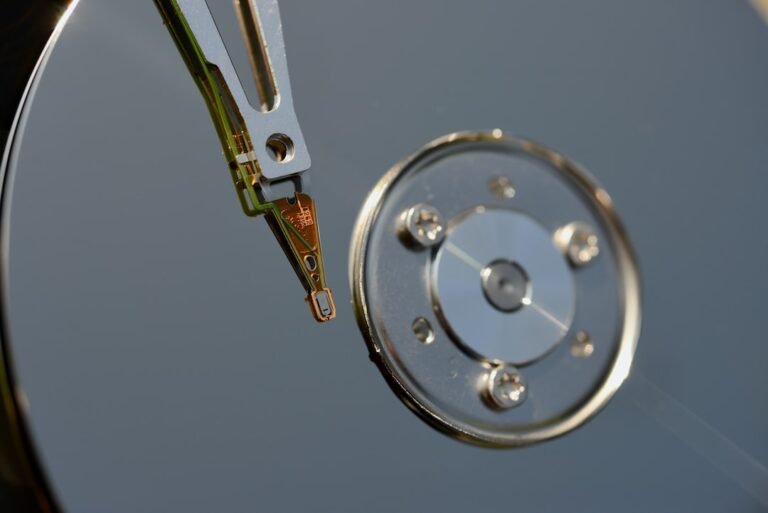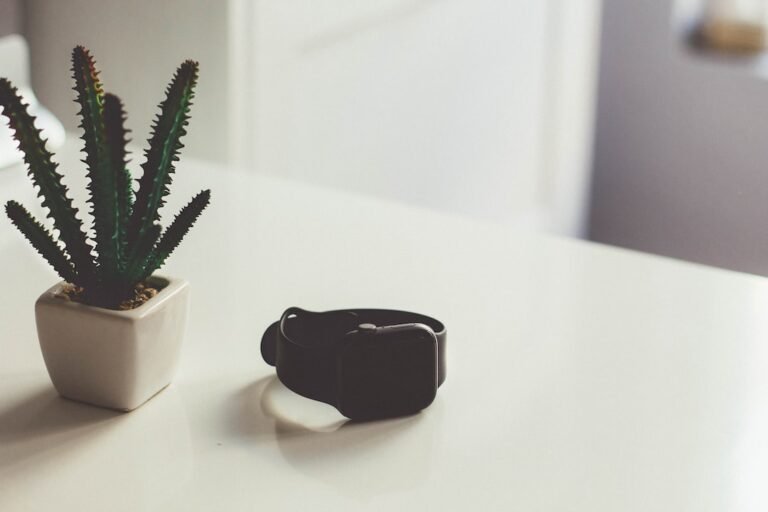Introduction
In today’s digital age, staying connected to the internet is essential. Whether you’re at home, at work, or on the go, Wi-Fi has become a necessity for most people. However, the convenience of Wi-Fi also comes with risks, especially when it comes to the security of your data. That’s where a VPN (Virtual Private Network) comes in. In this article, we will explore the importance of using a VPN for Wi-Fi security and how it can protect your data everywhere.
VPN for Wi-Fi Security: Why It Matters
Shield Your Wi-Fi Connection
When you connect to a public Wi-Fi network, such as the ones found in coffee shops, airports, or hotels, your data is at risk. These networks are often unsecured, meaning that anyone with the right tools can intercept your internet traffic and potentially gain access to sensitive information such as your passwords, financial details, or personal documents.
By using a VPN, you create a secure and encrypted connection between your device and the internet. This means that even if someone manages to intercept your data, they won’t be able to decipher it because it’s encrypted. A VPN effectively acts as a shield that protects your Wi-Fi connection from prying eyes.
Secure Public Wi-Fi Access
Public Wi-Fi networks are notorious for being hotspots for hackers and cybercriminals. These attackers often set up fake Wi-Fi networks with names that are similar to legitimate ones in order to trick unsuspecting users. Once connected to these rogue networks, everything you do online can be monitored and exploited.
With a VPN, you can ensure secure access to public Wi-Fi networks. By encrypting your internet traffic, a VPN prevents hackers from intercepting your data or gaining access to your device. It adds an extra layer of security, making it much more difficult for attackers to compromise your personal information.
Protect Against Data Breaches
Data breaches have become alarmingly common in recent years, with major companies and organizations falling victim to cyber attacks. These breaches expose sensitive data, such as credit card numbers, social security numbers, and personal details of millions of people. When you connect to the internet via a VPN, your data is encrypted and thus protected from would-be attackers.
Even if your data is intercepted during a breach, the encrypted nature of VPN traffic makes it virtually impossible for hackers to make sense of it. Your information remains secure and out of reach, minimizing the risk of identity theft and other cybercrimes.
Conclusion
In conclusion, Wi-Fi security is extremely important in today’s interconnected world. Protecting your data from potential threats while using public Wi-Fi networks is a must, and a VPN offers a reliable and effective solution. By encrypting your internet traffic, a VPN ensures that your personal information remains secure and private, even in unsecured Wi-Fi environments. So, next time you connect to a public Wi-Fi network, make sure to enable your VPN and enjoy your online activities with peace of mind.
FAQ
| Question | Answer |
|---|---|
| What is a VPN? | A VPN, or Virtual Private Network, is a technology that creates a secure and encrypted connection over a public network, such as the internet. It allows users to protect their privacy and security by routing their internet traffic through an encrypted tunnel, effectively shielding their data from potential threats. |
| How does a VPN work? | When you connect to the internet through a VPN, your device establishes a secure connection with a VPN server. All your internet traffic is then encrypted and sent through this secure connection before reaching its destination. This encryption ensures that your data remains protected from eavesdroppers and hackers, even when you’re using a public Wi-Fi network. |
| Can I use a VPN on my mobile device? | Yes, most VPN providers offer apps for smartphones and tablets, making it easy to use a VPN on mobile devices. Simply download the app, sign in to your VPN account, and connect to a server. Once connected, all your internet traffic on your mobile device will be encrypted and secure. Using a VPN on your mobile device is crucial, especially when connecting to public Wi-Fi networks, as it helps protect your data and privacy from potential threats. |
| Does using a VPN slow down my internet speed? | VPNs can sometimes slow down your internet speed due to the encryption and rerouting of your traffic. However, modern VPNs are designed to minimize this impact, and in many cases, the difference in speed is negligible. If you choose a reputable VPN provider and connect to a nearby server, you can enjoy a fast and secure internet connection. Keep in mind that factors such as the quality of your internet service provider and the distance between you and the VPN server can also affect your internet speed. |
| Are there any disadvantages to using a VPN? | While VPNs offer numerous benefits in terms of security and privacy, there are a few potential disadvantages to consider. Some websites and online services may block or restrict access to users who are using a VPN. Additionally, using a VPN can incur additional costs if you choose to subscribe to a premium VPN service. Lastly, VPNs can sometimes slow down your internet speed, although the impact is often minimal. Overall, the benefits of using a VPN typically outweigh the drawbacks. |
| Do I always need to use a VPN? | While using a VPN is highly recommended, it may not be necessary in every situation. If you’re connecting to a secure and trusted Wi-Fi network, such as the one in your home or office, the risk of data interception is significantly lower. However, when connecting to public Wi-Fi networks or accessing the internet in unfamiliar locations, it’s best to always use a VPN to ensure the security and privacy of your data. |
Further Reading
| Title | URL |
|---|---|
| How to Choose the Right VPN for Your Needs | PCmag.com – Why You Need a VPN, and How to Choose the Right One |
| Why You Should Always Use a VPN When Traveling | Wired.com – traveling and why you should use a VPN |




